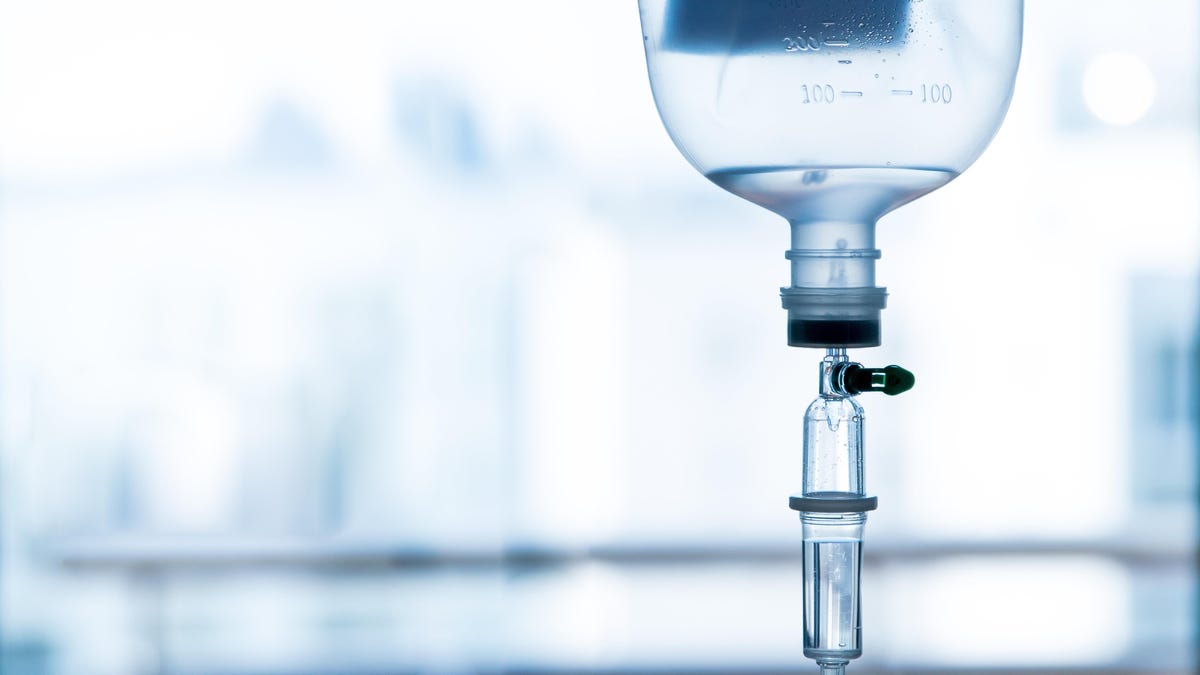
New research might complicate our understanding of ketamine as a potential treatment for depression. The study found that people with depression who were either given saline or ketamine before undergoing anesthesia for a surgery experienced a similar improvement in their symptoms afterward. The findings suggest that at least some of the therapeutic benefits seen with ketamine might be attributable to the placebo effect, though more research will be needed to confirm this.
Many studies have found that low doses of ketamine—long used as both a dissociative sedative and recreational drug—may also be able to help treat depression and other mental health issues, and in a way different from current antidepressants. Some of these studies have also included the use of a placebo control for comparison, often considered the best method of determining whether a drug or vaccine truly works as intended (ideally, both the patients and the doctors treating them are blinded to knowing whether they’re in the treatment or control group).
Advertisement
The trouble is that even low-dose ketamine can cause short-term physical symptoms like dissociation, or a “trip,” that makes it fairly easy to tell whether you’re taking it, which then weakens any attempts to create a suitable placebo for comparison. So researchers at Stanford University decided to conduct a unique experiment to better rule out the possibility of this happening.
Advertisement
Their study involved 40 people with major depressive disorder who were scheduled for routine surgery that required the use of general anesthesia. Half were randomized to receive a single dose of saline solution, the placebo, just before the surgery, and the other half a single dose of intravenous ketamine. The act of going under, the researchers theorized, would eliminate the chances of people going on a typical trip. Then they observed the patients for up to three days.
Advertisement
By the end of the study, both groups reported the same average degree of improvement in their depression symptoms. People guessed correctly whether they had taken ketamine or the placebo less than half the time, or worse than chance, indicating that the blinding process truly worked.
“In conclusion, a single dose of intravenous ketamine delivered during surgical anesthesia had no greater effect than placebo in acutely reducing the severity of depressive symptoms in adults with major depressive disorder,” the authors wrote in their paper, published this month in Nature Mental Health.
Advertisement
The study’s findings are based on a small sample size of patients and short follow-up, meaning that any interpretations of it should be viewed with caution until more data is collected. And other researchers have already argued that the results might only suggest that surgery and anesthesia in general (which can include ketamine) can provide rapid relief of depression, not necessarily that ketamine isn’t having any therapeutic effect beyond placebo.
The authors say this hypothesis is unlikely to explain the results, since other research hasn’t found a consistent link between surgery and improved depression (some people even experience worsening or new depression after an operation). But they are being careful about the implications of their work. For one, they’re not arguing that ketamine should be seen as just a placebo when it comes to treating depression, or that people with depression are somehow faking their illness.
Advertisement
“Saying ‘it’s just a placebo’ is really a disservice to what placebo is,” said study author Boris Heifets, an assistant professor of anesthesiology, in a statement released by Stanford. “It isn’t ‘I’ll feel better if I say it enough times,’ and it does not imply that there was nothing wrong with the patient.”
They do theorize that people’s positive expectations might be at least part of the reason why ketamine seems to show these rapid benefits for some people. But even if that’s true, that wouldn’t mean that people aren’t experiencing real and positive physical changes when they take it.
Advertisement
“There is most definitely a physiological mechanism, something that happens between your ears, when you instill hope,” Heifets said.
Services Marketplace – Listings, Bookings & Reviews